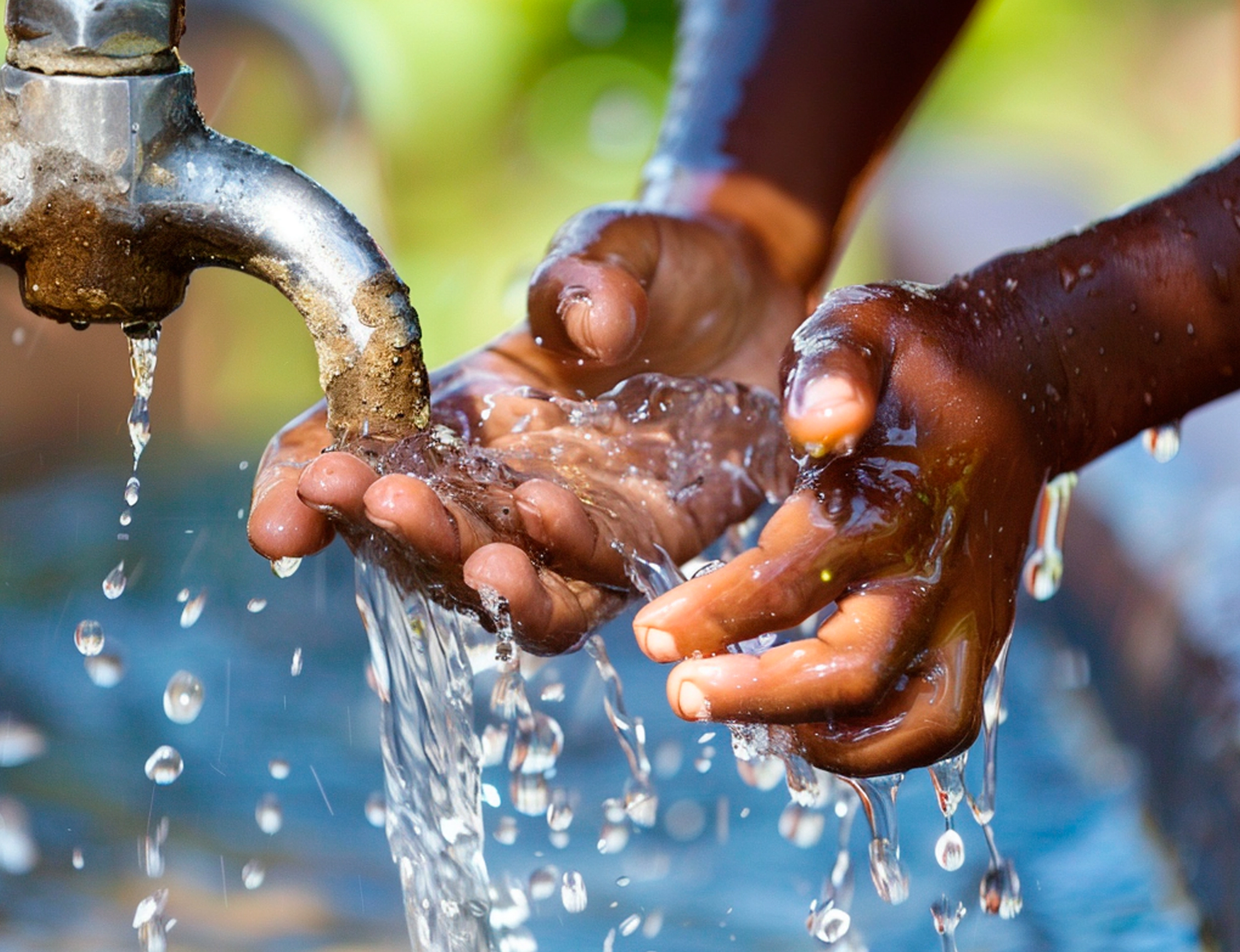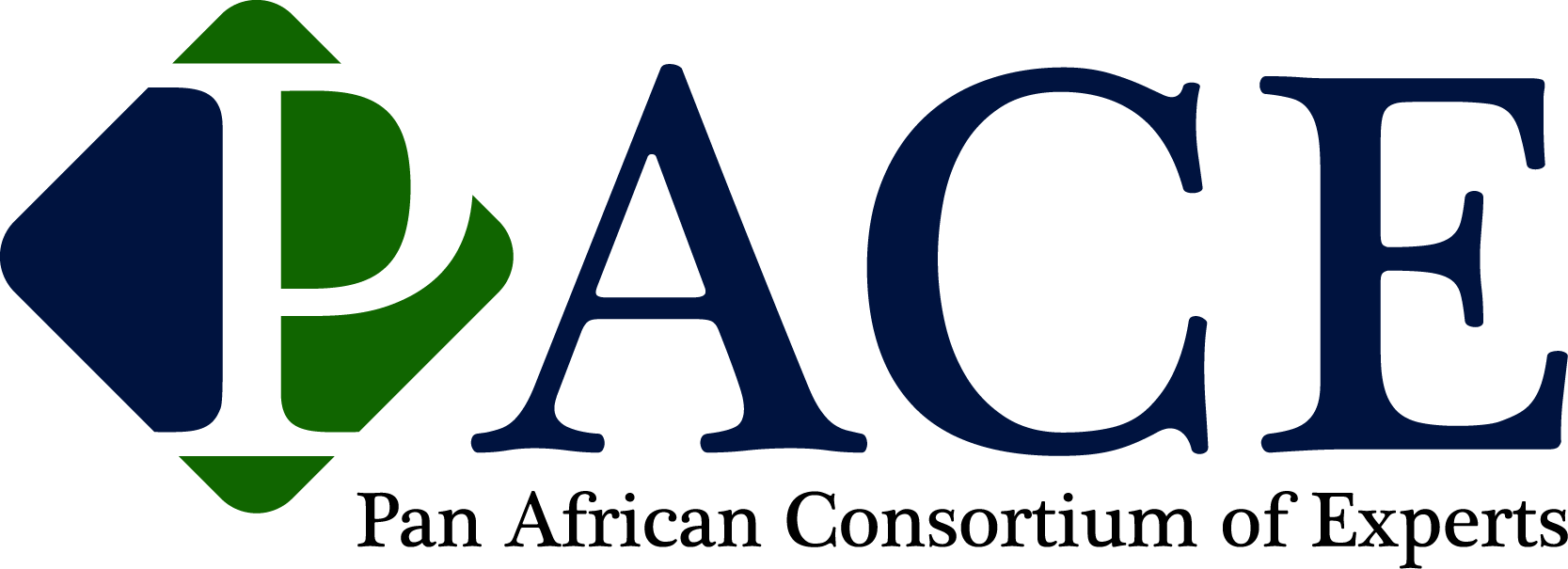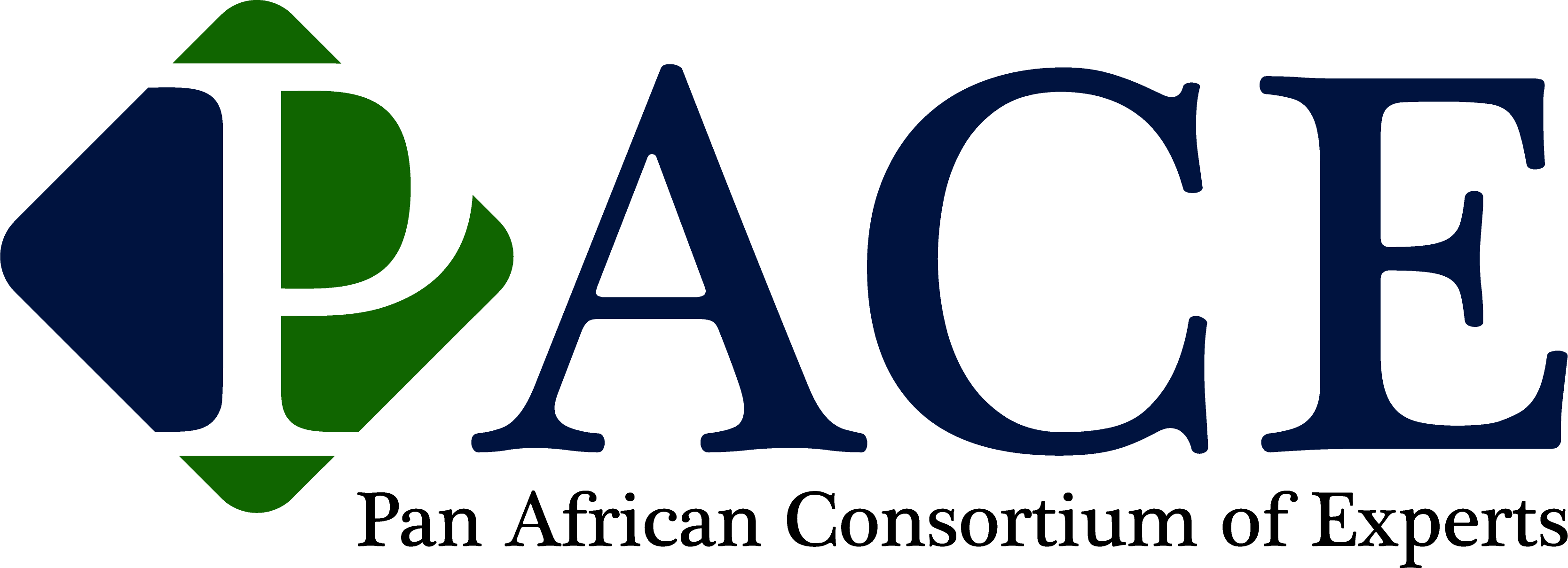
Promoting Inclusive, Sustainable Sanitation Systems around the Nexus: Access to Water and Sanitation, and improving the Public Health of communities.
In sub-Saharan Africa, access to safe drinking water and sanitation remains at its lowest, despite considerable efforts by African governments and their development partners. In line with the Sustainable Development Goals (SDGs), one of the key challenges over the next fifteen years will be to increase access to adequate and safely managed sanitation systems in urban and peri-urban areas.
Indeed, more than 65% of households are not connected to a sewer network, while less than 31% have access to improved sanitation systems, and approximately 21% still practice open defecation. In West Africa, the lack of evidence is critical. In Senegal, for example, in the poorest regions, 75% of households are still not connected to the sewer network. Despite existing individual sanitation systems, “the problem of managing fecal sludge outside homes, often in public spaces, remains” (ACTED). In Africa, “the percentage of the population with at least access to basic sanitation is less than 45%, and approximately 10% of urban dwellers are connected to sewer networks, while 90% of them have a non-sewer sanitation system” (AFDB, 2024).
Thus, we are committed to promoting demand-driven research and supporting evidence-based advocacy efforts for sustainable investments in the water and sanitation sector and subsector, and public health.
We implement projects and programs that have a significant impact on communities by increasing investment in the water and sanitation sector, with a view to continuously improving public health.
STRATEGIC ORIENTATION
Our strategy is to develop a demand-driven research program on urban and peri-urban sanitation and to institutionalize the process of implementing evidence-based policies in Senegal and West Africa.
To support initiatives for sustainable investments in the water and sanitation sector and subsector, and public health, we must:
Engage stakeholders throughout the process
Provide research evidence for advocacy and policy dialogue
Build the capacities of partners and policymakers
Institutionalize decision-making processes
Implementing City-Wide Inclusive Sanitation (CWIS) approaches
Governance and institutional and financial reforms in the water and sanitation sector in Africa
Sanitation safety management planning
Political Dialogue, Behavior Change and Advocacy
Sanitation Marketing and Human-Centered Approaches to Sanitation Products


